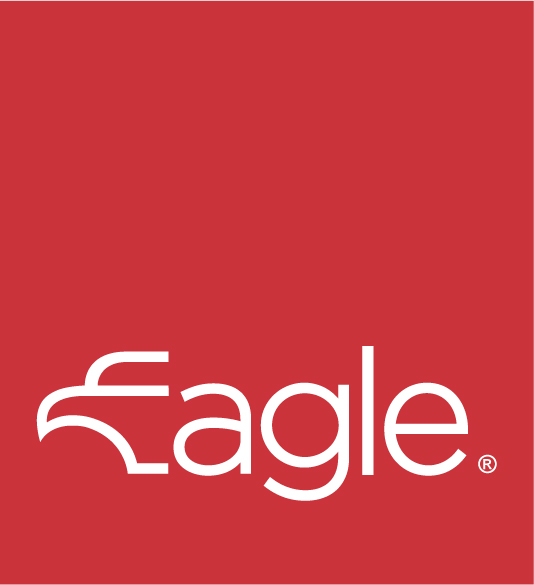2025 Glove Price Projections
As we approach 2025, New Zealand's disposable glove market is projected to experience significant changes due to several global factors:
-
US Tariff Adjustments
The United States has announced substantial tariff increases on Chinese imports, including medical gloves, with rates set to rise to 50% in 2025 and 100% in 2026. On February 4, the new US government imposed an additional 10% tariff on all Chinese imports. It remains uncertain whether these tariffs will extend to other countries' manufacturing of gloves.
These U.S. measures are expected to disrupt global supply chains and pricing structures, thereby increasing competition for non-Chinese glove manufacturers in countries such as Malaysia, Thailand, and Vietnam. This surge in demand has begun to pressure suppliers' capacities, resulting in longer lead times and higher prices.
-
Low-Quality Gloves in New Zealand
Since the Pandemic, Chinese-made medical nitrile gloves have typically been cheaper and lower quality, as Chinese manufacturers seek alternative markets, New Zealand may become a target. While these low-cost gloves may appear to offer cost savings, failing to meet strict safety, performance and quality standards increases the likelihood of contamination in critical industries such as healthcare and food service. Substandard gloves are more prone to tearing or leakage, putting workers, customers, and businesses at greater risk of health and safety issues.
Note: Eagle does not source nitrile or latex gloves manufactured in China.
-
Fluctuating Nitrile Butadiene Rubber (NBR) Prices
NBR is the primary material used in nitrile gloves. Pricing has fluctuated due to raw material costs, demand from industries such as automotive and manufacturing, as well as environmental and global events. While some forecasts suggest a gradual increase in NBR prices, the market remains susceptible to fluctuations, which could impact global glove pricing.
-
Modern Slavery in Global Supply Chains: New Zealand’s Role
The risks associated with cheaper products go beyond quality concerns. World Vision New Zealand's recent report highlights how global supply chains, including those that serve New Zealand, are often linked to child and forced labour. In 2022, New Zealand imported $7.9 billion worth of goods from countries flagged for concerns about forced or child labour, with China being the largest source (74%, $5.8 billion). Without a Modern Slavery Act, New Zealand currently lacks the legal framework to prevent such goods from entering the local market. This gap allows unethical practices to go unchecked, leaving businesses and consumers unwittingly contributing to exploitative labour conditions.
Responsible Sourcing with Eagle Protect
As New Zealand faces the challenge of low-cost gloves and imports linked to forced labour practices, prioritising ethical sourcing with quality assurance is critical.
At Eagle Protect, we’ve built our reputation on responsible sourcing and rigorous quality assurance. Our manufacturing partners adhere to independently verified QA and environmental standards, ensuring compliance throughout our transparent and traceable supply chain. This ensures our premium products, including gloves, are both ethically produced and safe to use. Read more here.
When you partner with Eagle Protect, you receive products of the highest quality and safety standards from a company committed to responsible sourcing. Together, we can create a safer, more sustainable future.


